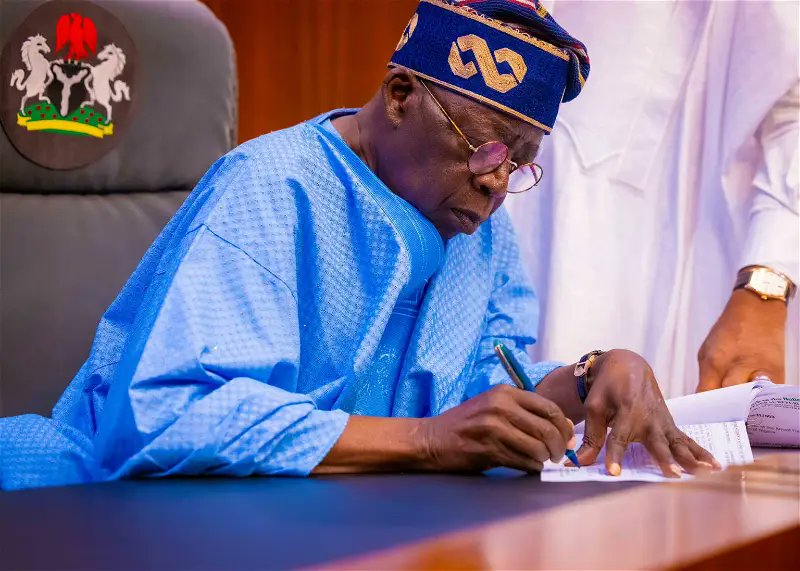In a significant move to improve the livelihoods of Nigerian workers, President Bola Tinubu has approved a new minimum wage of N70,000.
This decision, announced during a crucial meeting with leaders from the Trade Union Congress (TUC) and the Nigeria Labour Congress (NLC), marks a milestone in the country’s labor policy.
But what does this mean for the average Nigerian worker and the broader economy?
The Announcement: A New Era for Nigerian Workers
Meeting with Labor Leaders
In a historic meeting, President Tinubu sat down with leaders from the TUC and NLC to address the pressing issue of workers’ wages.
The result was the approval of a new minimum wage of N70,000, a decision that reflects the administration’s commitment to improving workers’ welfare.
This new wage will be subject to review every three years, ensuring that it remains relevant in the face of economic changes.
Commitment to Wage Reviews
The agreement to review the national minimum wage law every three years is a strategic move to keep up with inflation and the rising cost of living. This periodic review is designed to prevent the erosion of workers’ purchasing power over time, ensuring that wages remain fair and adequate.
Implications for Nigerian Workers
Improved Living Standards
The new minimum wage is set to significantly improve the living standards of Nigerian workers. With more money in their pockets, workers can afford better housing, healthcare, and education for their families. This move is expected to reduce poverty levels and boost overall economic well-being.
Economic Empowerment
By increasing the minimum wage, the government aims to empower workers economically. This empowerment is not just about immediate financial relief but also about providing workers with the means to invest in their futures, whether through savings, education, or entrepreneurial ventures.
Also Read: Countries with the Highest Minimum Wage in Africa
Government’s Role and Support
Assistance to Private Sector and Sub-National Entities
President Tinubu has pledged to support the private sector and sub-national entities in meeting the new minimum wage requirements. This support could come in the form of tax incentives, subsidies, or direct financial assistance, helping businesses to adjust without laying off workers or cutting other benefits.
Strengthening Labor Laws
To ensure the effective implementation of the new minimum wage, the government plans to strengthen labor laws and enforcement mechanisms. This includes setting up monitoring bodies and providing platforms for workers to report non-compliance issues.
Also Read: Top African Nations with the Lowest Minimum Wage as of Early 2024
The Broader Economic Impact
Increased Consumer Spending
With higher wages, workers will have more disposable income, leading to increased consumer spending. This, in turn, can stimulate economic growth as businesses see higher demand for their products and services.
Reduction in Income Inequality
The new minimum wage is also expected to help reduce income inequality in Nigeria. By raising the earnings of the lowest-paid workers, the wage gap between different economic classes can be narrowed, promoting social equity and stability.
Conclusion
President Bola Tinubu’s approval of a new minimum wage of N70,000 marks a significant step towards improving the lives of Nigerian workers.
While the policy comes with its set of challenges, the potential benefits for workers and the broader economy are substantial. This move not only promises immediate financial relief for workers but also sets the stage for long-term economic empowerment and growth.
